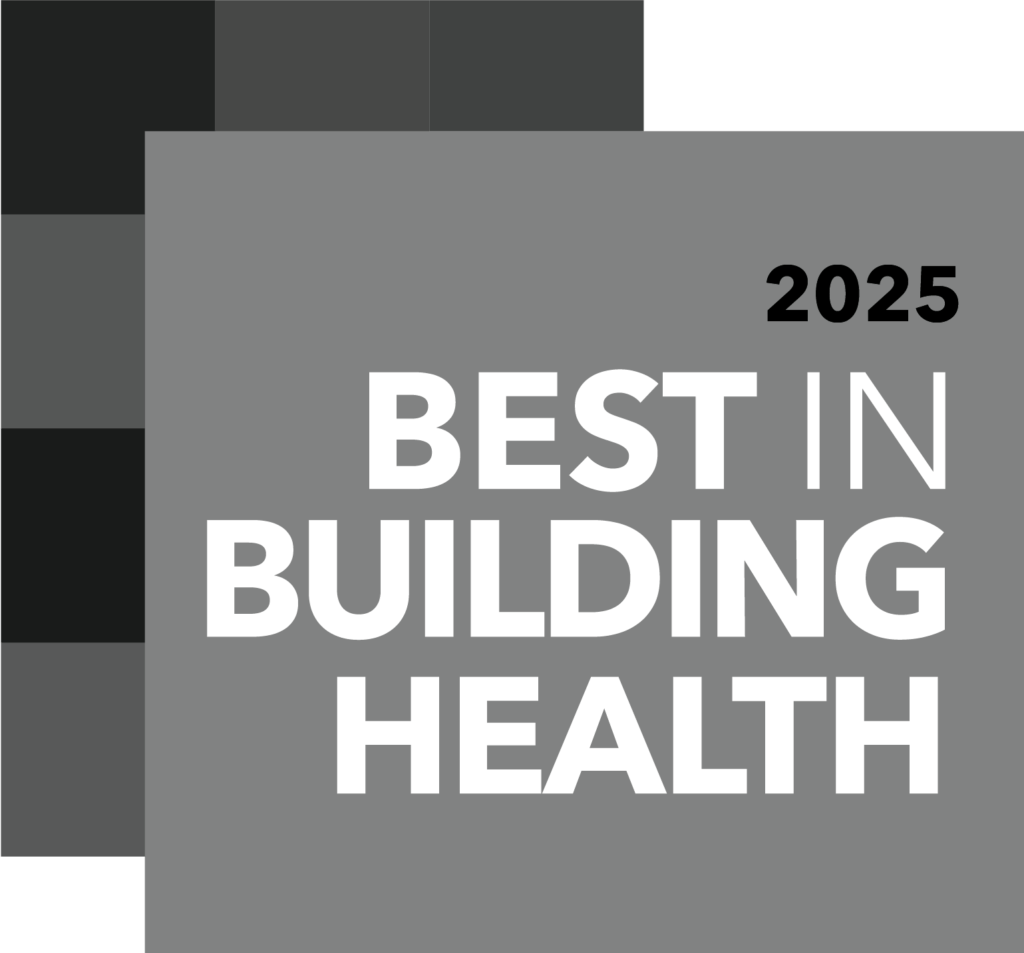
Thought
Communicating COVID-19 impacts through Sustainability Reporting
With market uncertainty pervasive and belief in business deteriorating, using the annual sustainability report to restore confidence with all stakeholders is more important than ever.
Your next report will need to provide a clear, trustworthy narrative, detailing specific insights on how the pandemic has impacted on your sustainability strategy, business model, risks and stakeholder commitments.
Sustainability frameworksenable companiesto provide reasonablycomparable and useful information. However, no such template exists to compare how companies have responded to COVID-19.
EVORA have been making in-roads in accounting for the COVID crisis in our reporting for clients since March, learning more with each report, and share key areas below to consider during your next round of reporting:
1) Controlling the content
COVID-19 has impacted people in many ways. Employees may have experienced challenges adapting to a new way of working; property managers dealing with a whole new set of procedures and protocols to follow; tenants juggling the ‘return to work’ safely and local communities may have experienced unexpected environmental and social impacts.
By including a COVID-19 one-off section in the report; the opportunity may be missed to communicate the impacts of the pandemic in a more nuanced way, tailored to the different stakeholders affected. Instead, it will be more authentic weaved in specific messaging throughout the sustainability reporting, where relevant, through the voice of the affected stakeholder, for example a direct quote from an employee or a tenant.
We also encourage the simplification of the message – avoiding jargon, cliches and overly technical language, and, instead, using straight-forward, clear and concise language.
2) Mapping what is material
Materiality assessments inform meaningful sustainability communications, enablingcompanies to identifysustainabilityissuesthat are important toboth theirstakeholders and tobusinesssuccess.Used to their full potential they can help shape company strategy, galvanise internal functions and gain senior buy-in, as well as uniting disparate teams and processes.
As society deals with the pandemic,materiality assessmentsshould be reassessed tobetterintegrate sustainability into business strategy and to explore the relationshipbetween acompany’simpacts onasustainabilityissueand the impact ofthat issueon the business.
3) Dealing with the data
The shift to homeworking presents a unique challenge. Companies will be demonstrating a reduction in Scope 1 and 2 greenhouse gas emissions in line with the reduction of office building energy consumption.
This presents several possible issues for the reporting company:
- Any movement in reported emissions could mask the impacts of any genuine reduction activities
- Distortion against targets set
- Justification may be required for smaller energy reductions than others in the sector, or anticipated, because they have seen a lesser impact from the pandemic, for instance through keeping offices open, with higher ventilation requirements, rather than closing buildings completely.
- Emissions have not been eliminated, rather they have been relocated to employee homes beyond the company’s direct control. Some might argue that the decrease in commuting related emissions makes up for this. In order to provide a credible comparison of year on year performance, quantifiable homeworking emissions should be considered for recognition.
Our initial response is to always explain data with fully contextualised narrative.
4) Shift to online-first
We recommend an online-first approach for corporate sustainability reporting. This enables the audience to more easily search, navigate and locate information. This format can enhance storytelling – enabling more in-depth features and linking direct to other relevant documents.
Stakeholder scrutiny of how organisations are responding to the COVID-19 pandemic is bringing heightened attention to the importance of corporate transparency on sustainability issues. EVORA design reporting strategies for organisations, enabling them to apply frameworks, communicate meaningful sustainability outcomes and impacts to key stakeholders and use reporting as a tool to improve sustainability performance.Get in touch with the EVORA reporting team today.













